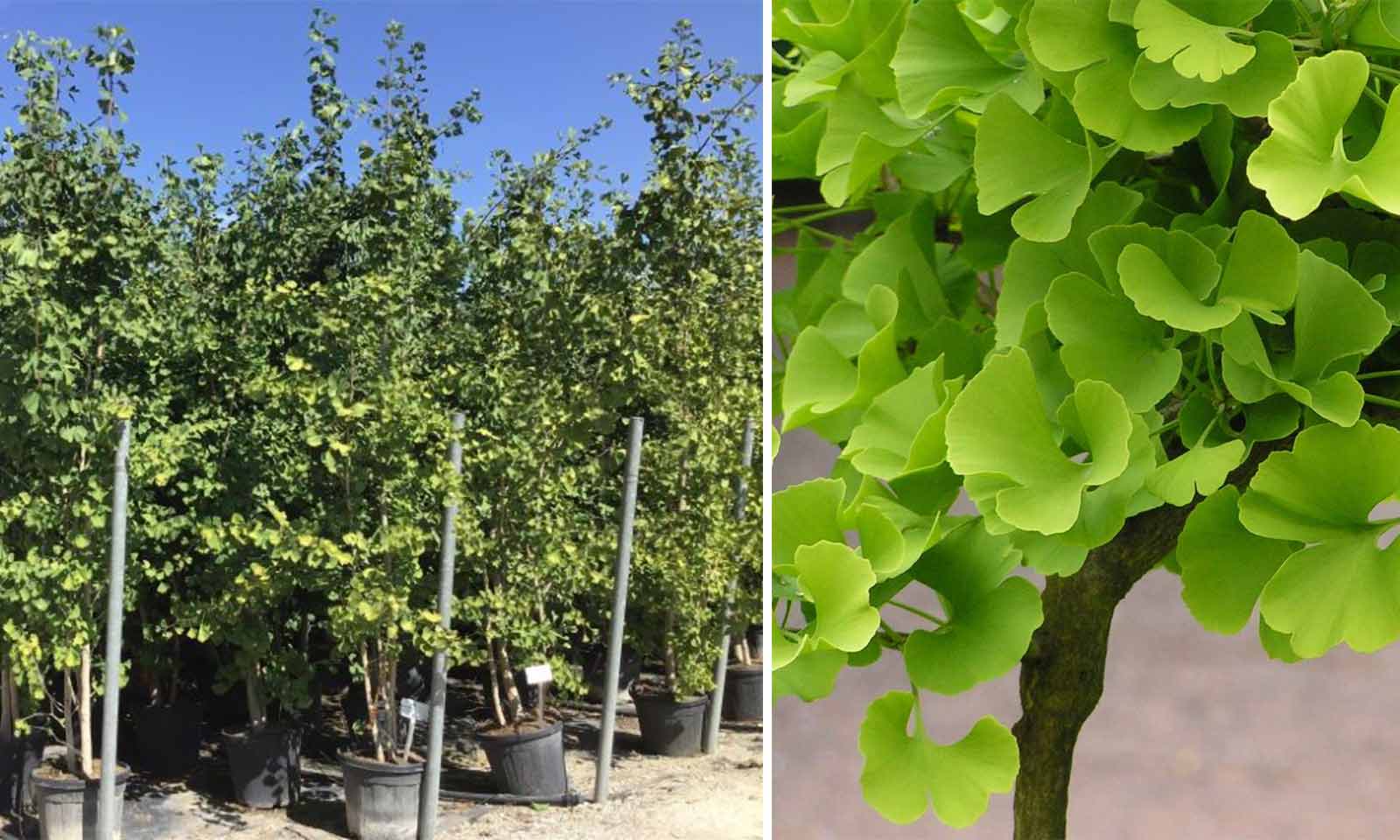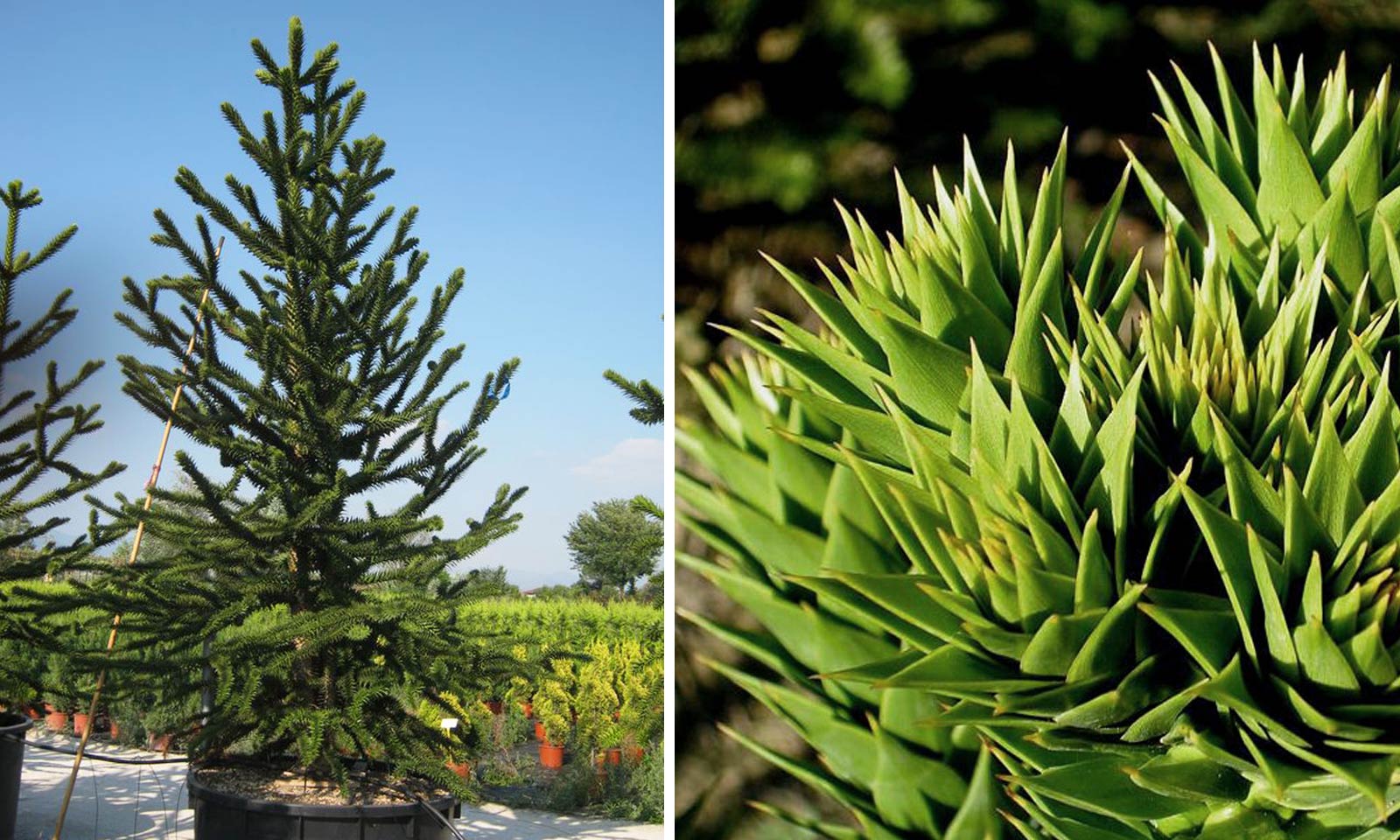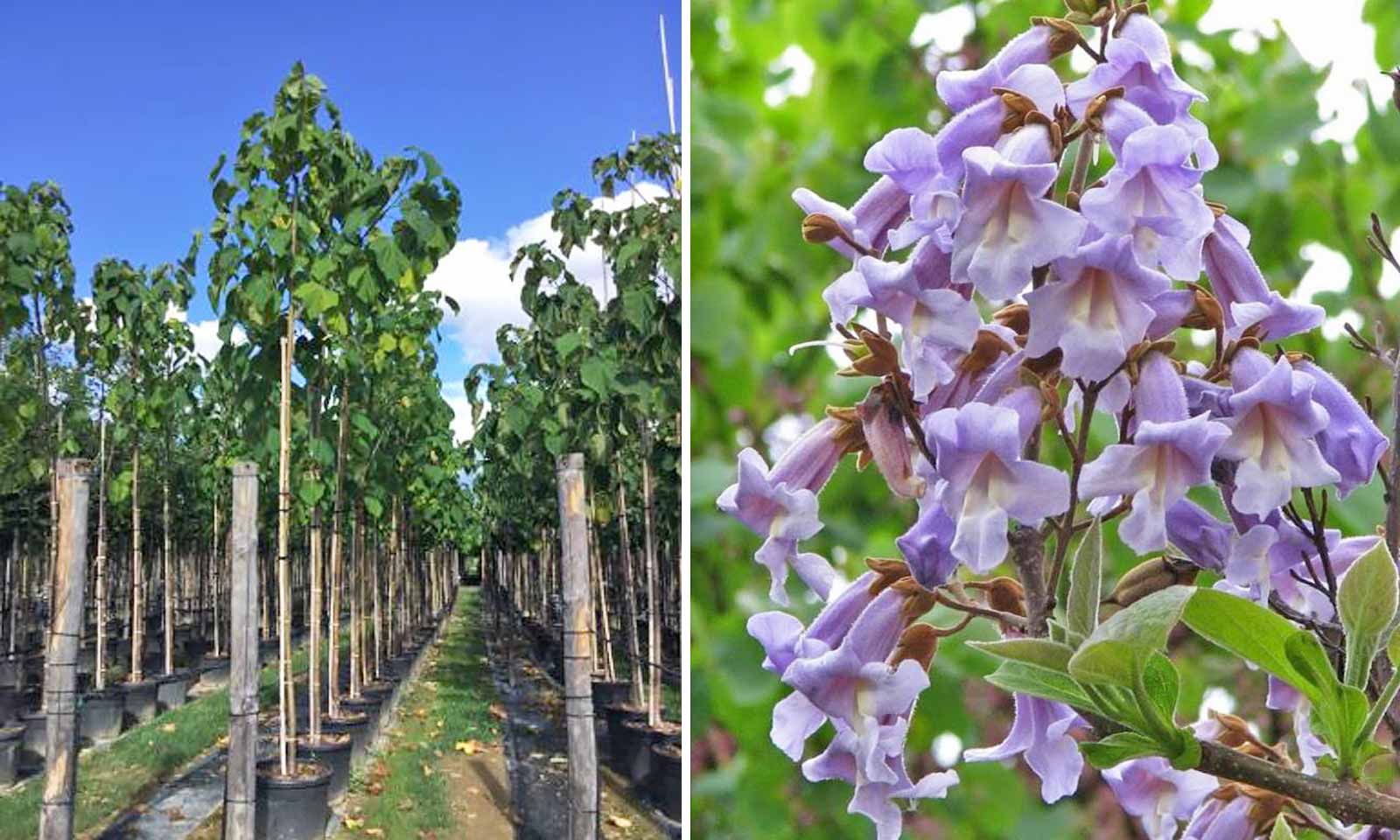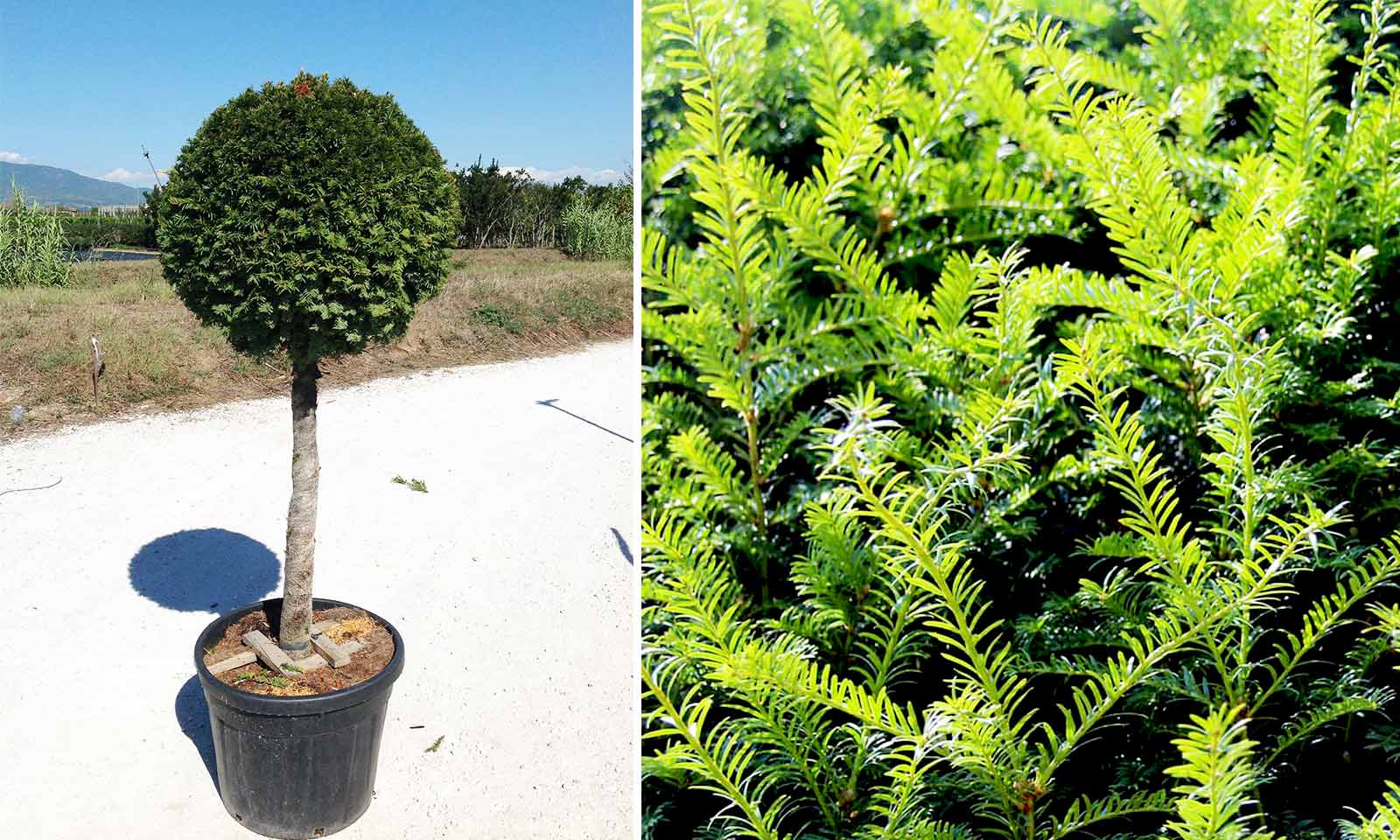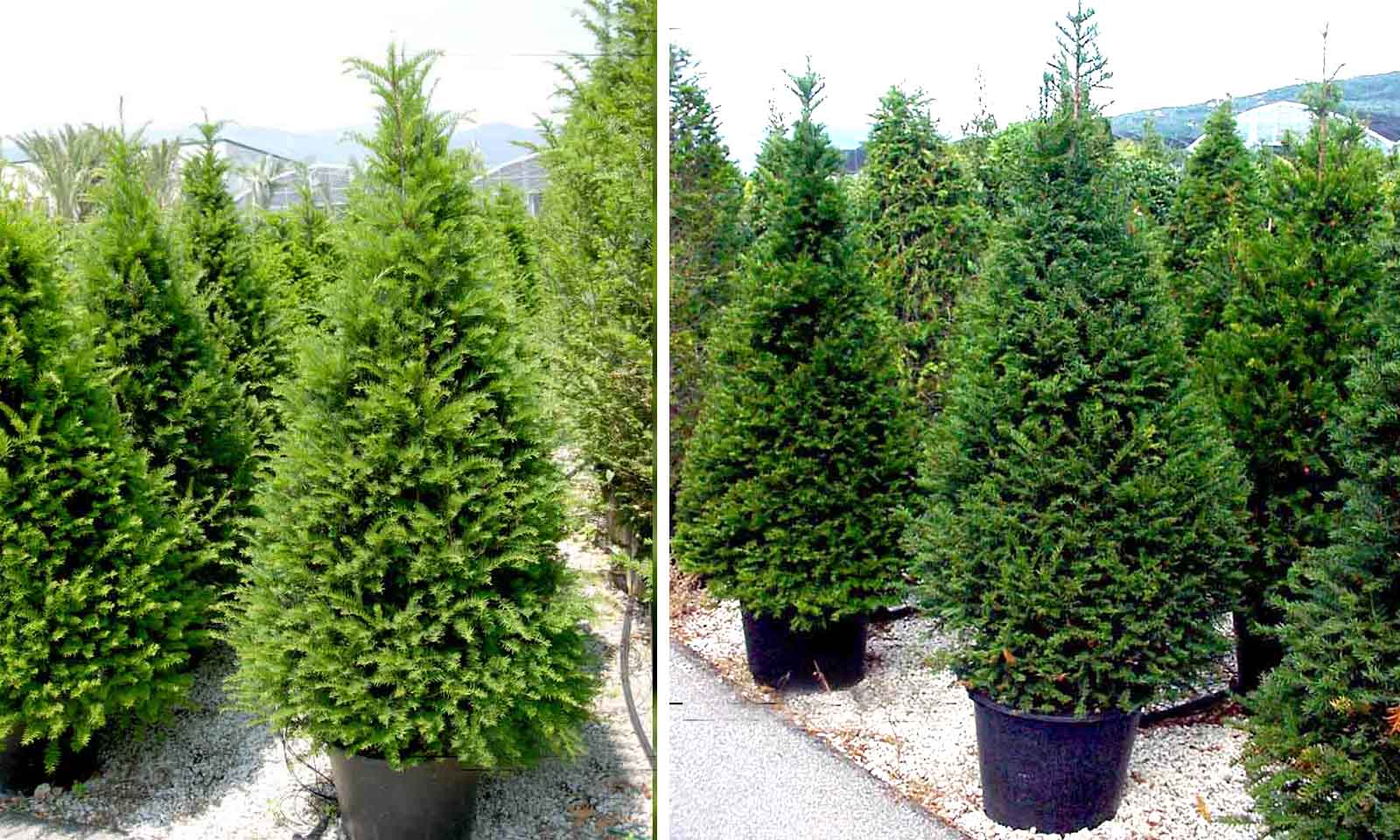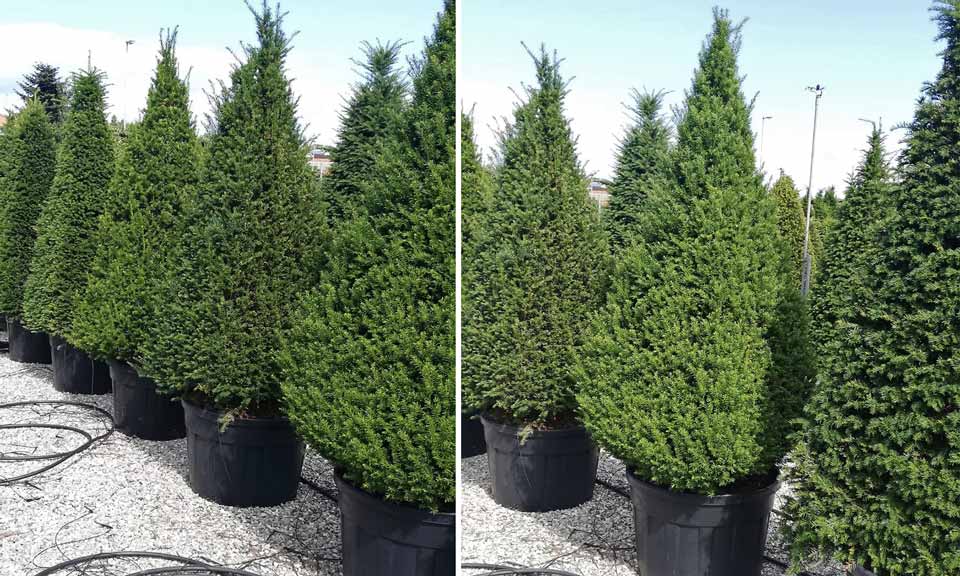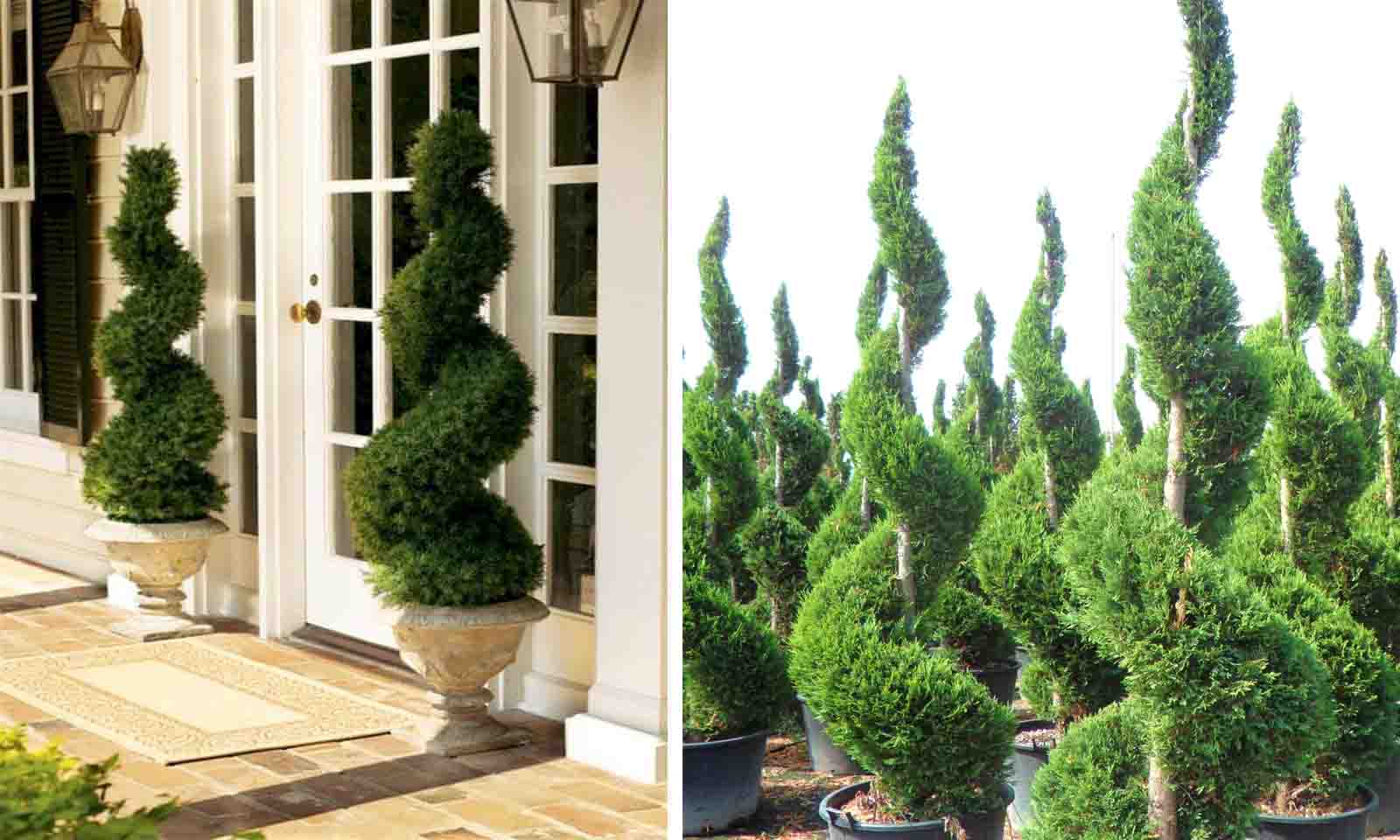Pawlonia Tomentosa (Empress Tree) - Standard - 18-20 (cm)
Product Description
Paulownia Tomentosa, commonly known as the Empress Tree or Princess Tree, is a fast-growing deciduous tree native to central and western China. It is renowned for its large, heart-shaped leaves and striking, fragrant flowers, making it an eye-catching addition to any garden. The leaves are large, reaching up to 30 cm across, with a soft, fuzzy texture. In spring, the tree produces large, upright clusters of tubular, lavender-blue flowers with a sweet fragrance. These blooms appear before the leaves, creating a spectacular floral display. The flowers are followed by woody, egg-shaped capsules that contain numerous tiny seeds.
Paulownia Tomentosa is one of the fastest-growing trees in the world, capable of reaching full height in just a few years. This makes it an ideal choice for quickly creating shade or a focal point in a garden. Plant it in a sunny location. The tree prefers well-draining soil but is adaptable to various soil types, including sandy, loamy, and clay soils. Ensure the soil is fertile for optimal growth.
Latin Name: Pawlonia Tomentosa
English Name: Empress tree, Foxglove tree, Princess tree
Species: Paulowniaceae
Genus: Paulownia
Foliage Type: Deciduous.
Foliage: Green.
Flower: Pink-Purple.
Flowering Period: Spring.
Suggested Location: Outdoor.
Suggested Soil Type: Well-drained. Chalk. Clay. Sand. Loam.
Suggested Exposure to Sunlight: Full Sunlight.
Suggested Exposure to Weather: Sheltered.
Hardiness Rating: High (H5)
Lowest Temperature Tolerance: -15 °C to -10 °C (5 °F to 14 °F)
Maintenance: Grow in moist, humus-rich, fertile soils. Protect young trees from frost.
Growth Speed: Fast.
Final Height: 8 m – 12 m (26.2 ft – 39.4 ft)
Final Spread: 6 m – 8 m (19.7 ft – 26.2 ft)
Delivery Cost: This is calculated based on the total size, weight and quantity of your order, as well as the location of your delivery address. You will see the final price at the Online Checkout Page (before making payment). Our website will automatically calculate the lowest possible delivery price and apply discounts to orders of certain products – giving you the best value delivery every time!
Please note that high-volume orders will decrease your delivery costs significantly by spreading the price across multiple items. Visit our Delivery Policy page for more information.
